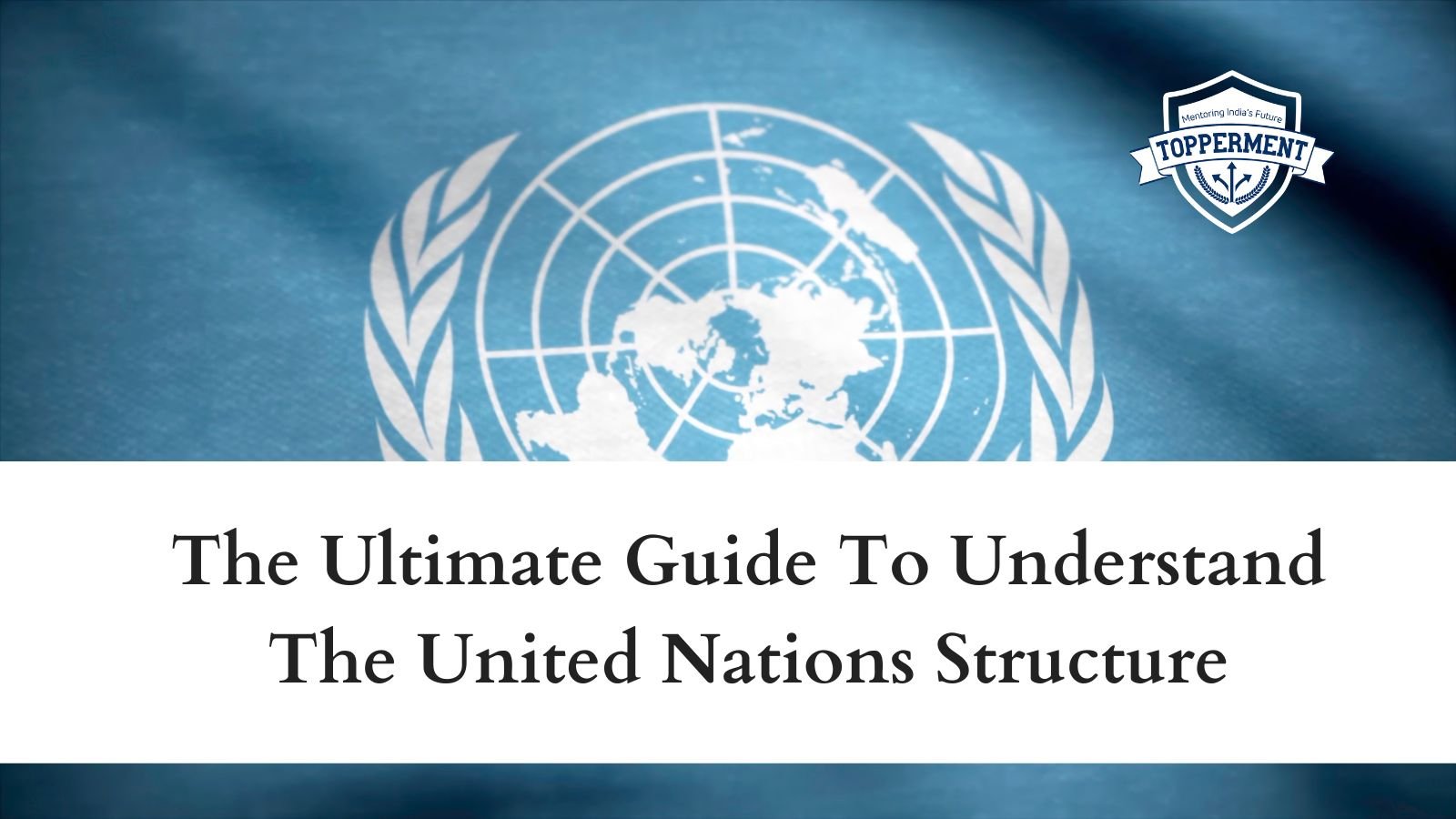The United Nations (UN) is an intergovernmental organization founded on October 24, 1945, with the goal of promoting international cooperation and peaceful coexistence among nations. The UN is composed of various bodies and institutions, each with a specific role and mandate
The General Assembly:
The General Assembly is the main deliberative body of the United Nations. It is composed of all 193 Member States and meets annually to discuss and make recommendations on a wide range of issues. Each member state has one vote in the General Assembly.
The Security Council:
The Security Council is responsible for maintaining international peace and security. It is composed of 15 members, including five permanent members (China, France, Russia, the United Kingdom, and the United States) and ten non-permanent members elected for two-year terms. The permanent members have the power to veto any substantive resolution.
The International Court of Justice:
The International Court of Justice is the main judicial body of the United Nations. It settles legal disputes between states and gives advisory opinions on legal questions referred to it by the General Assembly, the Security Council, or other UN organs.
The Secretariat:
The Secretariat is the administrative arm of the United Nations. It is headed by the Secretary-General, who is appointed by the General Assembly upon the recommendation of the Security Council. The Secretariat provides support to the other UN bodies and implements their decisions.
The Economic and Social Council:
The Economic and Social Council is responsible for promoting international economic and social cooperation and development. It is composed of 54 members elected by the General Assembly for three-year terms.
Other UN bodies:
There are several other bodies within the United Nations system, including:
- UNICEF: The United Nations Children’s Fund, which works to promote the rights and well-being of children.
- UNESCO: The United Nations Educational, Scientific and Cultural Organization, which promotes international cooperation in education, science, and culture.
- WHO: The World Health Organization, which is responsible for promoting public health and preventing and controlling diseases.
- UNHCR: The United Nations High Commissioner for Refugees, which provides protection and assistance to refugees, asylum-seekers, and stateless persons worldwide.
The United Nations is a complex organization with a diverse range of bodies and institutions. Each of these bodies has a specific role and mandate, and together they work towards the goal of promoting international cooperation and peaceful coexistence among nations
Also Read
- UPSC CSE Syllabus 2023 | Union Public Service Commission
- What Are The Threat of Nuclear Terrorism | UPSC International Relations
Follow Us For More Content On:
https://www.instagram.com/topperment/


